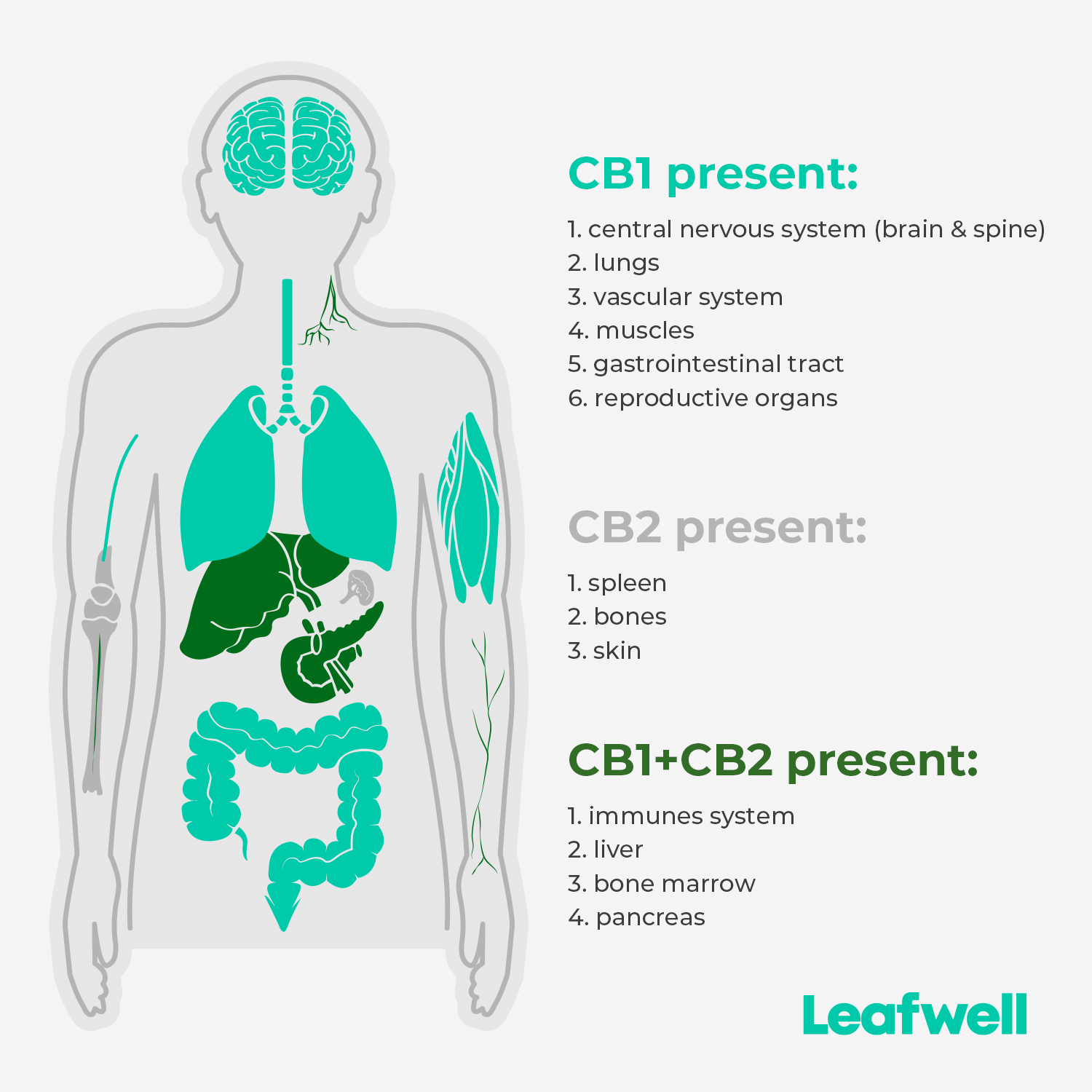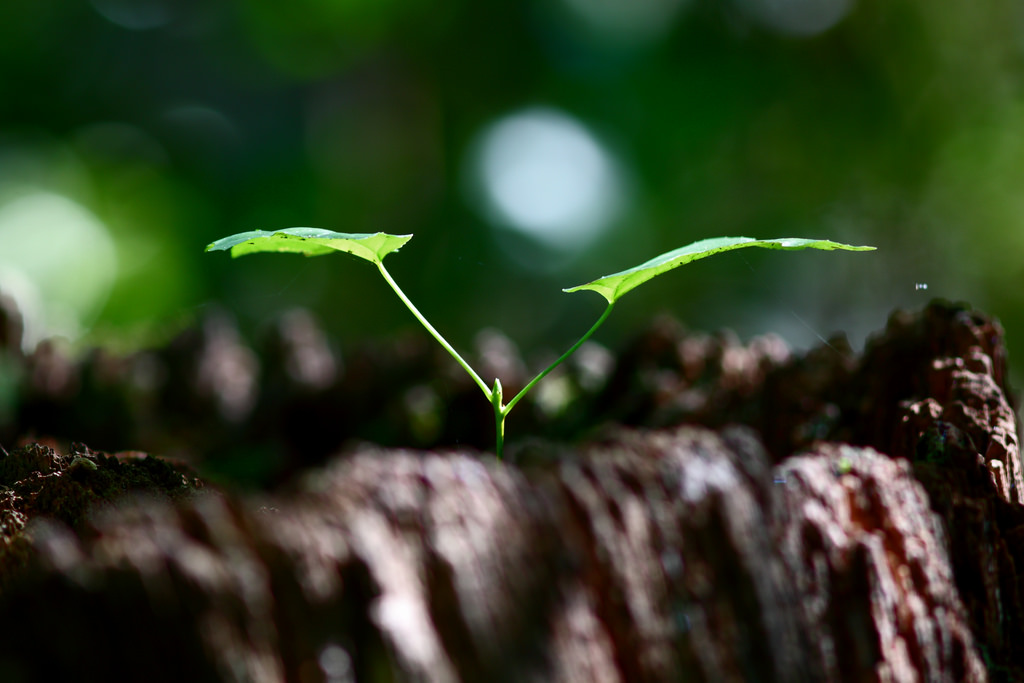Study shows hemp compounds prevent coronavirus from entering human cells

New research reveals compounds in hemp demonstrate an ability to prevent the virus that causes COVID-19 from entering human cells.
The study, published in the Journal of Natural Products, was a collaboration between scientists at Oregon Health & Science University and Oregon State University.
The laboratory study used chemical screening techniques to discover that a pair of distinct cannabinoid acids in hemp — known as cannabigerol acid, or CBGA, and cannabidiolic acid, or CBDA — bind to the SARS-CoV-2 spike protein, blocking a critical step in the process the virus uses to infect people.

“This is a lab study, so it hasn’t been tested clinically,” said senior author Fikadu Tafesse, Ph.D., assistant professor of molecular microbiology and immunology in the OHSU School of Medicine. “However, the study’s implication is that some hemp-based consumer products have the potential to prevent as well as treat infection from the novel coronavirus.”
Known scientifically as Cannabis sativa, hemp is a source of fiber, food, and animal feed. Hemp extracts and compounds are also added to cosmetics, body lotions, and dietary supplements.
The study was led by Richard van Breeman, Ph.D., a researcher with Oregon State’s Global Hemp Innovation Center, College of Pharmacy, and Linus Pauling Institute.
In addition to Tafesse and van Breeman, co-authors include Ruth Muchiri of Oregon State, along with Timothy Bates, Jules Weinstein, Hans Leier, and Scotland Farley of OHSU.
For more information, see the news release from Oregon State University: https://today.oregonstate.edu/news/oregon-state-research-shows-hemp-compounds-prevent-coronavirus-entering-human-cells




















